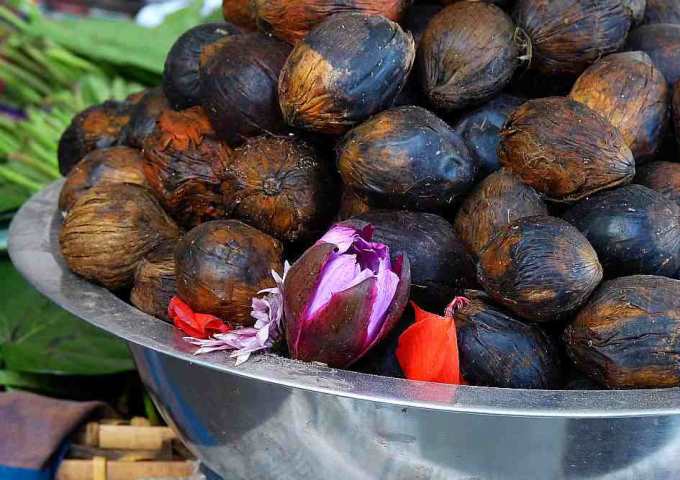
The North-east Region of India is one of the richest areas in the world in terms of biological diversity as well as cultural, social and linguistic variability, which has been conserved by the people of this region since a long time. The region is a treasure of indigenous and cultural knowledge with regards to agriculture, food, medicine and natural resources management, etc.
The people of all the states in the North-east region have lived close to nature and have learnt from it for centuries. This learning is now valuable traditional knowledge, which can be seen in the cultural practices, food habits etc.. of the people. This knowledge can be used for generating sustainable livelihood opportunities for the people of NER without harming the environment.
However, the problem here is that without adequate written documentation, and due to the wave of modernisation that has spread in North-east India as well, this traditional knowledge is rapidly being lost before its economic importance can be realized. The youth are either away for education or do not fully understand the value of acquiring this knowledge from their elders. There is also hesitation in the youth and others about sharing this knowledge with the outside world for many reasons, including being unsure of how it will be perceived.
The traditional knowledge of the tribes and people of North-east region needs to be understood, protected, documented and the benefits of harnessing this knowledge should directly reach the people of the region. This is a big challenge that needs good understanding of the cultural and beliefs of North-eastern people, and great dedication towards the development of the region. The youth, who are the future, need to play a proactive role for achieving this objective.
Image via Flickr
